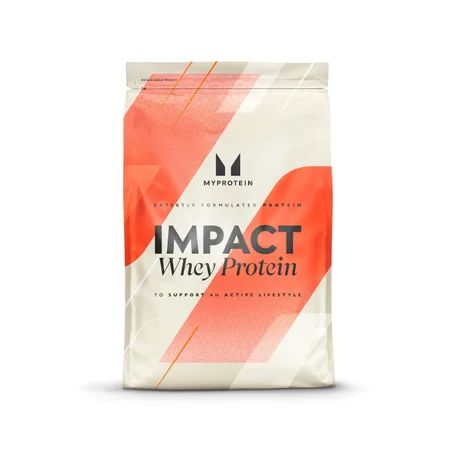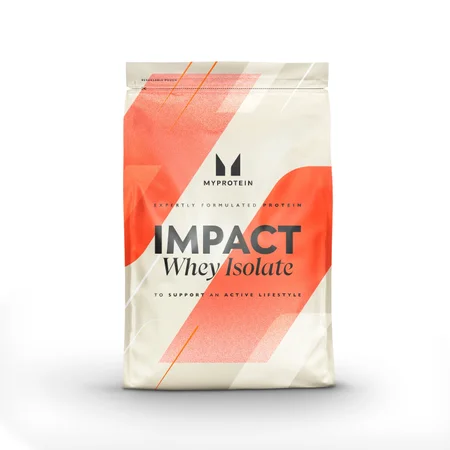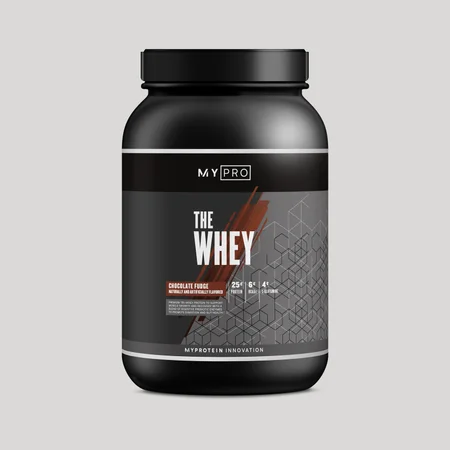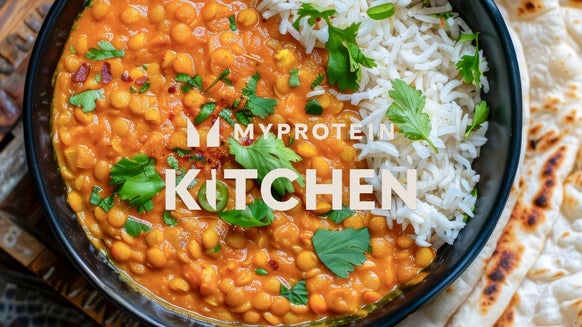Does Protein Give You Energy? | Energy Boosting Diet

When approaching your dietary plan and you scrutinize all the nutrients your body needs, protein should always come at the top of your list.
There can be certain misconceptions along the way to planning an energy boosting diet. When you think about what your body needs in relation to your athletic goals, it is easy to be led to believe all food types give you energy.
What Does Protein Do?
As one of the most important parts of your diet, you may be surprised to learn that protein isn’t the best source of energy. It plays many major roles in your health, but energy is not one of its foremost strengths. Protein is almost always referred to as your body’s building blocks. Those blocks, more literally, are known as amino acids, which you get from your diet. They help to maintain, repair and grow muscles along with your bones, tissue and other systems in your body.
A healthy amount of protein is essential no matter who you are, but particularly from around middle age, high protein diets are particularly wise. But while the good folk on a high protein diet may find themselves energized and full of pep, why is it that protein makes you feel this way if its first job isn’t to provide you with energy?
In fact, it takes your body longer to turn protein into energy than from carbs. If it’s a quick hit of energy you are after, that’s where you should turn to healthy carbohydrates in your diet. But before you go off to eat some sweets before hitting the weights rack, you’ll need all of the facts.

How Does Protein Give You Energy?
When you digest protein, a large majority of those amino acids we previously mentioned are put to good use in the synthesis of new proteins in your body that do all of the building and repairing of your bones and skin and also, of course, your muscles – which you tear down in the gym for proteins to build back up bigger and stronger when you rest.
Amino acids differ to glucose (which provides your body with energy fuel) because of its nitrogen content. During digestion, amino acids, therefore, take longer to break down and also removed this nitrogen. The amino acids are then turned into glucose or fatty acids, which are both good sources of energy. It is the extra steps to remove nitrogen that makes protein a ‘slower’ source of energy than the more readily available energy from carbs. So, yes, protein gives you energy, but it is not its first purpose.
Protein gives your body four calories of energy for each gram of protein, which is equal to the calories you’ll get from carbs, while fats give you nine calories for every gram you eat.
So how does this all look when your body is in need of energy? Well, your tired body will, first of all, take glucose from carbs, and then fatty acids. If you get enough calories from carb and fat sources, then protein is not used for energy.

How Is A High Protein Diet Good For You?
Protein provides your body with nine of the essential amino acids that your muscle tissue is made of, and is the only food group that gives you them in one go; without you wouldn’t be able to build muscle tissue.
A higher protein intake may increase the number of calories you burn. This is because the regular intake of protein boosts your metabolism. Studies have found that protein digestion boosts your metabolic rate by up to 35 percent. Carbs and fats each increase it by five to 15 percent.
High protein foods like fish, dairy and nuts take longer to digest, as we mentioned earlier. It is this that makes you feel ‘full’ for longer, in comparison to the carbs that provide a spike of energy and leave your belly much quicker, resulting in that useless drop.
A high protein diet can also help you to maintain and lose weight. It does this by increasing the number of satiety hormones your body releases. Satiety hormones help to regulate your body’s energy balance by regulating hunger.
You will no doubt know that if you hit the carbs too hard when you’re hungry this can result in a mega sugar spike that leaves you deflated and irritable, or at the very least, sluggish. A high protein diet equips you with nutrient filled foods, which also leave you feeling full. The Dietary Reference Intake (DRI) for protein is 0.36 grams per pound of body weight or 0.8 grams per kilogram.

Alice Pearson is a UKVRN Registered Associate Nutritionist and UK Anti‐Doping accredited advisor, having obtained a Bachelor’s of Science in Nutrition and a Master’s of Science in Sport Nutrition. She has a specialist interest in the use of sports supplements for improving health, fitness, and sport performance. Alice has experience working with both amateur and elite athletes, including providing nutritional support to Tranmere Rovers FC and Newcastle Falcons Rugby Club. Her nutritional guidance is always supported by evidence‐based research, which she keeps up to date through continuing professional development and independent learning. In her spare time, Alice loves travelling, hitting the gym, and getting stuck into a good book. Find out more about Alice's story here.








